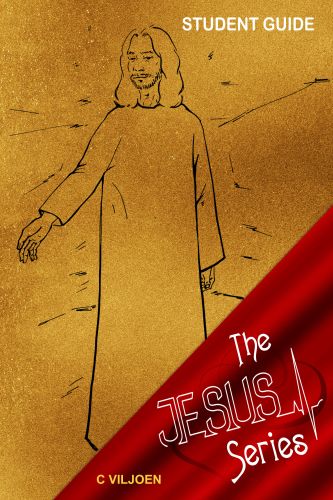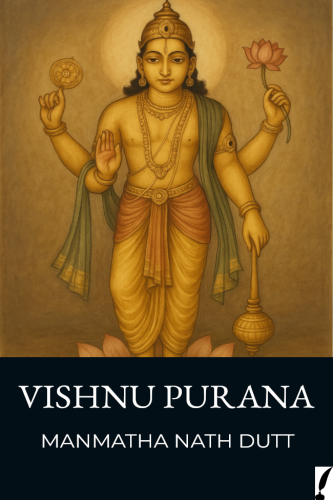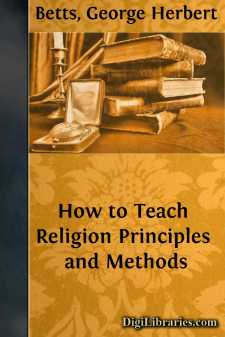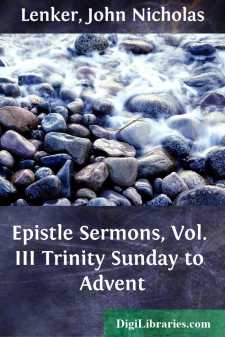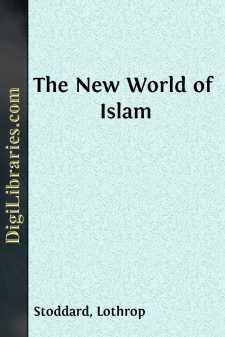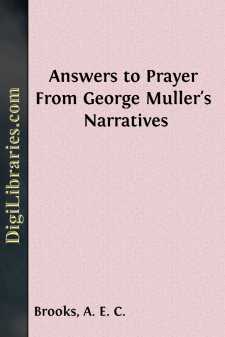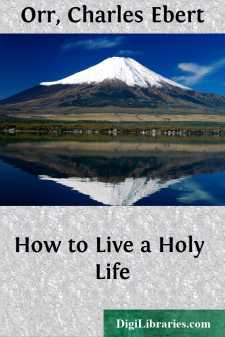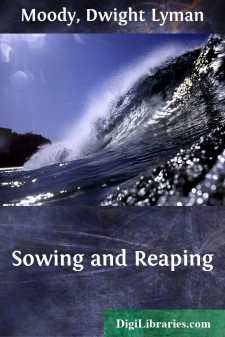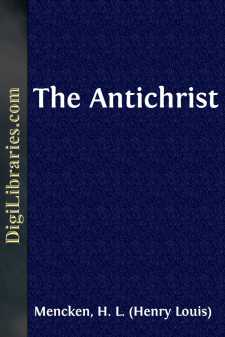Religion
- Agnosticism 2
- Antiquities & Archaeology 21
- Atheism 12
- Biblical Criticism & Interpretation 15
- Biblical Meditations 3
- Biblical Reference 1
- Biblical Studies 11
- Buddhism 8
- Christian Church 52
- Christian Education 5
- Christian Life 26
- Christianity 60
- Cults 2
- Devotional 6
- Eastern 2
- Education 4
- Eschatology 1
- Ethics 3
- General 60
- Gnosticism 1
- Hinduism 15
- History 28
- Holidays 10
- Inspirational 1
- Islam 8
- Judaism 3
- Leadership 1
- Meditations 3
- Monasticism 1
- Mysticism 11
- Philosophy 4
- Prayer 26
- Prayerbooks 5
- Religion & Science 12
- Sermons 54
- Spirituality 53
- Theism 2
- Theology 17
- Theosophy 15
Religion Books
Sort by:
by:
Chris Viljoen
The author, a seasoned lecturer and Bible school leader, continues to study and instill hope in the hearts of eager readers. With more than 14 years of experience and three years of research, a complete study guide on the entire life of Jesus Christ has been compiled to learn about the Creator and Savior Jesus Christ in a way that would make you taste, feel, and smell His entire environment. Get ready...
more...
We are pleased to present this free digital edition of the Vishnu Purāna, translated into English by the renowned scholar Manmatha Nath Dutt. This classic work forms part of our continuing effort to make the treasures of Hindu sacred literature accessible to readers across the world. The Vishnu Purāna is one of the eighteen Mahāpurānas, the major Purānic texts of Hindu tradition. Among these, it...
more...
CHAPTER I THE TEACHER HIMSELF It is easy enough to secure buildings and classrooms for our schools. The expenditure of so many dollars will bring us the equipment we require. Books and materials may be had almost for the asking. The great problem is to secure teachers—real teachers, teachers of power and devotion who are able to leave their impress on young lives. Without such teachers all the rest...
more...
Foreword Here comes the English Luther in his twelfth visit to your home. In peasant boots, decorated by no star of worldliness nor even by the cross of churchliness, but by the Book from heaven pressed to his heart in a firm attitude of earnest prayer, he comes as the man of prayer and of the one Book, a familiar friend, to help you to live the simple Christian life. This volume of twenty-four...
more...
by:
Lothrop Stoddard
INTRODUCTION THE DECLINE AND FALL OF THE OLD ISLAMIC WORLD The rise of Islam is perhaps the most amazing event in human history. Springing from a land and a people alike previously negligible, Islam spread within a century over half the earth, shattering great empires, overthrowing long-established religions, remoulding the souls of races, and building up a whole new world—the world of Islam. The...
more...
by:
A. E. C. Brooks
BEGINNING AND EARLY DAYS OF THE ORPHAN WORK. "That the trial of your faith, being much more precious than of gold that perisheth, though it be tried with fire, might be found unto praise and honour and glory at the appearing of Jesus Christ."—1 Peter, i. 7. Mr. George Müller, the founder of the New Orphan-Houses, Ashley Down, Bristol (institutions that have been for many years the greatest...
more...
We have only one life to live, only one. Think of this for a moment. Here we are in this world of time making the journey of life. Each day we are farther from the cradle and nearer the grave. Solemn thought. See the mighty concourse of human lives; hear their heavy tread in their onward march. Some are just beginning life's journey; some are midway up the hill, some have reached the top, and some...
more...
by:
Flavius Josephus
CHAPTER 1. The Constitution Of The World And The Disposition Of The Elements. 1. In the beginning God created the heaven and the earth. But when the earth did not come into sight, but was covered with thick darkness, and a wind moved upon its surface, God commanded that there should be light: and when that was made, he considered the whole mass, and separated the light and the darkness; and the name he...
more...
CHAPTER I. “Be not deceived; God is not mocked: for whatsoever a man soweth, that shall he also reap. For he that soweth to his flesh shall of the flesh reap corruption; but he that soweth to the Spirit shall of the Spirit reap life everlasting.” Galatians vi: 7, 8. I think this passage contains truths that no infidel or sceptic will dare to deny. There are some passages in the Word of God that...
more...
INTRODUCTION Save for his raucous, rhapsodical autobiography, “Ecce Homo,” “The Antichrist” is the last thing that Nietzsche ever wrote, and so it may be accepted as a statement of some of his most salient ideas in their final form. Notes for it had been accumulating for years and it was to have constituted the first volume of his long-projected magnum opus, “The Will to Power.” His full...
more...


